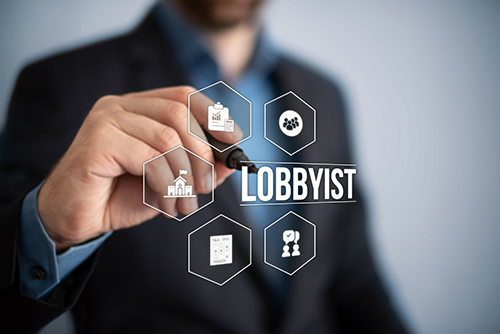When people ask, what is lobbying, they are usually curious about how politics, business, and public interests intersect in shaping laws and policies. Lobbying is one of the most discussed and sometimes misunderstood aspects of democratic systems. At its simplest, it refers to the act of influencing lawmakers, regulators, or public officials to support or oppose certain policies. While the term often carries a controversial tone, lobbying is a fundamental process in democracies, allowing different voices in society to be heard.
Understanding What Is Lobbying
To truly answer the question, what is lobbying, we need to look at its purpose and function. Lobbying involves individuals, organizations, or interest groups engaging with policymakers to advocate for specific causes. These advocates—known as lobbyists—use data, research, and arguments to highlight why certain decisions should be made in their favor. From nonprofit organizations seeking social reforms to corporations protecting their business interests, lobbying allows diverse perspectives to be represented in government decision-making.
The Role of Lobbying in Democracy
In democratic societies, lobbying plays a central role in ensuring representation. Not every citizen can personally meet lawmakers, but through lobbyists and advocacy groups, their concerns and interests can reach decision-makers. For example, environmental groups may lobby for climate-friendly laws, while healthcare associations may advocate for patient-focused reforms. This process helps create a balance where multiple stakeholders influence policy rather than decisions being made in isolation.
Positive Aspects of Lobbying
Although sometimes criticized, lobbying has several positive contributions. It provides policymakers with valuable information, expert knowledge, and insights into how laws affect different communities. When conducted ethically, lobbying enhances transparency, creates dialogue between citizens and government, and strengthens democratic participation. Essentially, it is a bridge connecting the public and political leaders.
Challenges and Criticism of Lobbying
Despite its importance, lobbying is not free from criticism. Some argue that wealthy corporations and special interest groups dominate lobbying efforts, giving them more influence than ordinary citizens. This creates the perception that lobbying is unfair or corrupt. To address these concerns, many countries enforce regulations requiring lobbyists to register, disclose funding sources, and follow ethical guidelines to ensure transparency.
Why Lobbying Matters
When we ask again, what is lobbying, the answer extends beyond influence—it is about participation. Lobbying ensures that no single group has absolute control over policy decisions. By opening channels of communication between governments and the public, it strengthens accountability, diversity of opinion, and the democratic process itself.
Conclusion
So, what is lobbying? It is the practice of influencing lawmakers and government officials to shape policies in ways that reflect the interests of different groups in society. While it has both benefits and challenges, lobbying remains an essential pillar of democracy. When conducted ethically and transparently, it ensures that democracy remains inclusive, representative, and responsive to the voices of the people.
